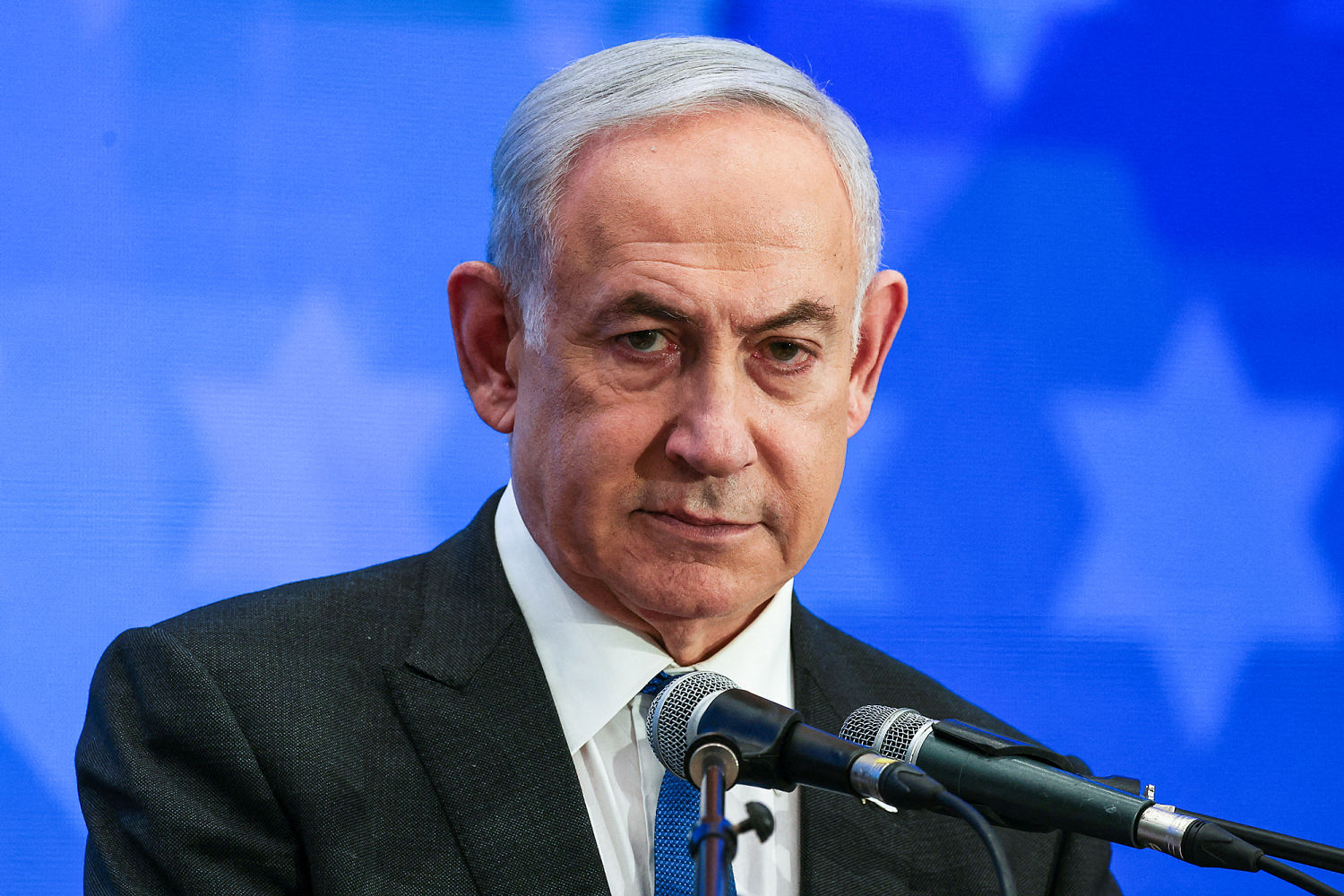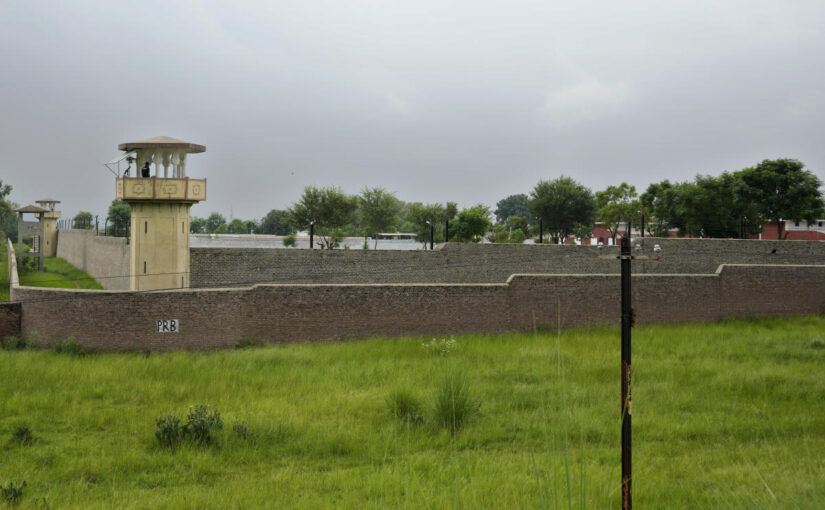(Bloomberg) — Portugal’s incoming prime minister picked Joaquim Miranda Sarmento as finance minister, putting him in charge of fiscal policy for a government without a majority that can ensure approval of budgets.
Most Read from Bloomberg
Miranda Sarmento, 45, is a finance professor in Lisbon and parliamentary leader of the PSD party who helped draft the center-right coalition’s electoral proposals. These included tax cuts for businesses and workers, which now need to be translated into an official budget for next year and approved by a fragmented parliament.
Incoming Premier Luis Montenegro and his new finance minister may be forced to compromise on key policies to get enough support. The 2025 budget due in October looks likely to be the big test for the government.
Earlier this week, the difficulties ahead were on display when Portugal’s parliament was deadlocked for hours trying to elect its new speaker. What’s usually a simple process – the group with the highest number of lawmakers names the speaker – was delayed when far-right party Chega unexpectedly refused to back the new premier’s candidate. The standoff was only resolved after Montenegro struck a deal with the opposition Socialists to share the speakership.
Chega, led by Andre Ventura, is wielding more power after the March 10 election, when it quadrupled its number of seats in parliament.
Montenegro’s AD coalition got a narrow election win over the Socialists, and while he could secure majority support in parliament by forging a deal with Chega, he’s so far ruled out an agreement to get its backing.
Meanwhile, Socialist leader Pedro Nuno Santos has said it’s “practically impossible” that his party would agree with an AD government’s 2025 budget proposal. Still, the Socialists, who have just two fewer seats than the AD, may do deals on specific issues, such as an amendment to this year’s budget to improve the wages of teachers and some other public workers.
Montenegro has said that he hopes the Socialists and Chega won’t join forces to block the new government. Santos says the Socialists won’t support the AD, but they also won’t back any motions to oust the new government from office immediately. The Socialists governed for the past eight years.
Read more: Portugal Center-Right Leader Named Premier After Narrow Win
Minority governments in Portugal have tended to be short-lived. In 50 years of democracy, only two have survived a full four-year term.
The change in government may not lead to a major shift in budget policy. While last year the debt ratio dropped below 100% of gross domestic product for the first time since 2009, it’s still at a high level and the memory of the debt crisis and Portugal’s bailout is relatively fresh.
Tax Cuts
The AD alliance, which groups Montenegro’s PSD with the smaller CDS party, said before the election that it wants to gradually reduce the corporate tax rate to 15% from 21% at a pace of 2 percentage points per year in 2025-2027. It also plans to lower income taxes as well as taxes on young people’s house purchases. In its election program, it aimed to post budget surpluses through 2028 and keep cutting the government debt ratio.
One of the main decisions for the new government will be how to sell state-owned airline TAP SA. The outgoing Socialist administration had also planned to privatize TAP.
Sarmento, the new finance minister, told Bloomberg News in February that Portugal should seek to preserve Lisbon’s status as a hub when it sells TAP.
The new government will oversee an economy that’s forecast to slow again this year, though it’s performing better than the euro area. The Bank of Portugal raised its growth outlook on March 22 and now sees the economy expanding 2% this year, partly helped by tourism.
Montenegro also picked Pedro Reis, a former head of Portugal’s investment and trade agency, as economy minister and Paulo Rangel, a member of the European Parliament, as foreign minister, according to the Portuguese presidency’s website. Nuno Melo, the leader of junior coalition party CDS, will be defense minister. The new government will be sworn in on April 2.
(Adds name of defense minister in final paragraph.)
Most Read from Bloomberg Businessweek
©2024 Bloomberg L.P.


